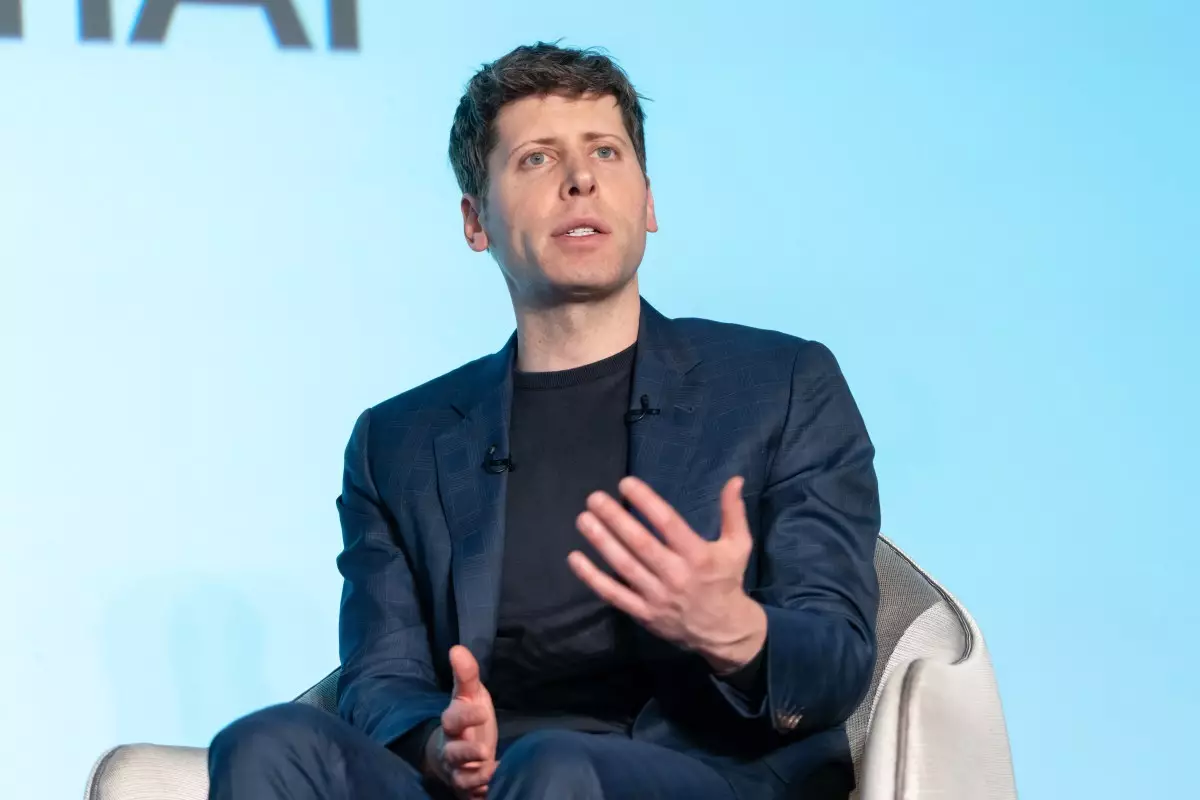The tech landscape is experiencing seismic shifts, and OpenAI’s recent $200 million agreement with the U.S. Department of Defense signals a bold move into new territory. Such a monumental partnership not only escalates OpenAI’s reach but also introduces intriguing dynamics within its ecosystem, particularly concerning its longstanding ties with Microsoft. As strategic collaborations evolve, the implications of OpenAI’s deal merit a deeper exploration.
Tensions Amid Innovation
Reports hint at rising tensions between OpenAI and Microsoft, the latter being a crucial ally since 2019. This partnership has largely been a model of synergy, with Microsoft heavily investing in OpenAI’s technology. However, as OpenAI broadens its horizons by engaging with military applications, one must ponder if this signals a departure from collaborative dynamics towards a more competitive stance. Microsoft’s extensive involvement in cloud computing services may both challenge and support OpenAI’s ambitions, but it could also become a source of friction.
Strategic Moves in Defense Technology
By infiltrating the realm of defense, OpenAI is aligning itself with a sector that demands innovation and extreme efficiency. The military’s interest in artificial intelligence has surged, focusing on applications ranging from logistics to surveillance systems. While some may perceive this partnership as a moral dilemma, it may also present an opportunity for OpenAI to innovate responsibly under government scrutiny. This aligns with the pressing need for ethical AI development, as military applications inevitably raise questions about accountability and purpose.
The Corporate Chessboard: OpenAI vs. Microsoft
In the face of increasing competition, the two entities seem poised for a game of corporate chess. Microsoft’s investment in OpenAI has been primarily driven by ambition: to integrate leading-edge AI technologies into its suite of services while simultaneously maintaining its competitive edge. Yet, as OpenAI pursues governmental contracts, Microsoft may find itself navigating a labyrinth of structure and strategy, wondering if their investment could backfire. This schism encourages a critical reassessment of their partnership’s nature and potential trajectory.
Long-term Impacts on AI Development
The ramifications of OpenAI’s defense collaboration extend beyond conventional business concerns. This deal could alter the landscape of AI governance, sparking discussions regarding the responsibilities of AI developers when engaging with military organizations. As OpenAI seeks to influence sectors traditionally seen as ethically ambiguous, the company will need to clarify its mission and values. This pursuit may redefine its identity and, ultimately, how it is perceived by partners, stakeholders, and the public.
Ethics in the Age of AI
Navigating the ethical terrain of AI in military applications is not merely a corporate debate but a societal challenge. OpenAI finds itself at the crossroads of technological advancement and moral responsibility. The company must tread carefully, ensuring transparency and accountability in its endeavors. The alignment with the Department of Defense, while strategically lucrative, illuminates the broader conversation about the roles AI should play in society, especially when it intersects with national security. It remains to be seen how OpenAI will marry innovation with ethics, a challenge that defines the very essence of progress in this digital age.

